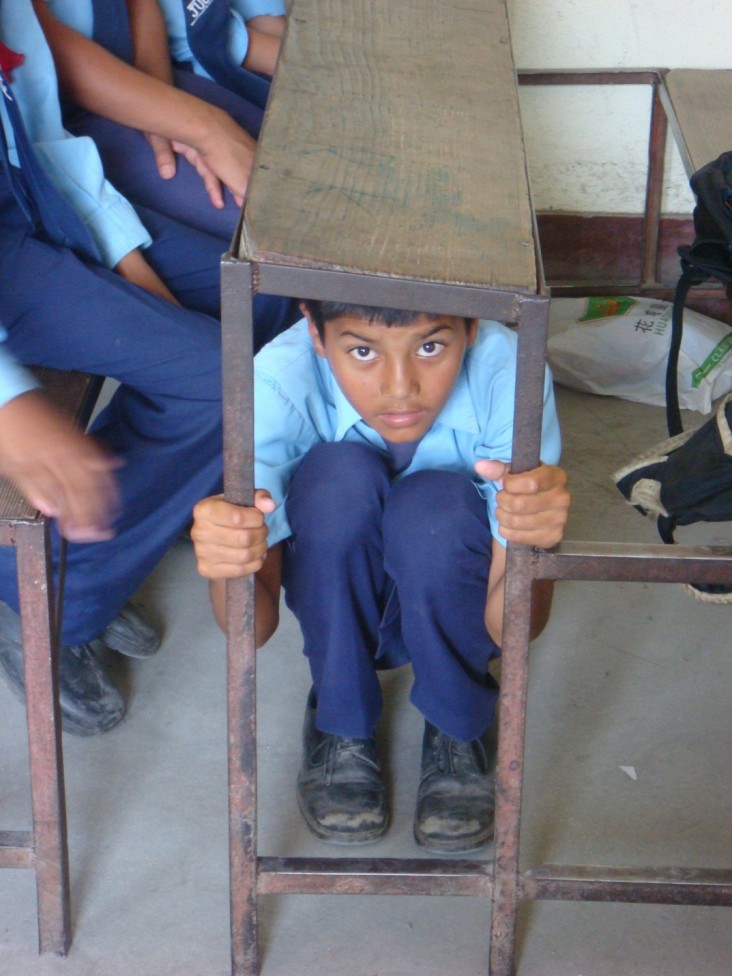- What We Do
- Agriculture and Food Security
- Democracy, Human Rights and Governance
- Economic Growth and Trade
- Education
- Environment and Global Climate Change
- Gender Equality and Women's Empowerment
- Global Health
- Humanitarian Assistance
- Transformation at USAID
- Water and Sanitation
- Working in Crises and Conflict
- U.S. Global Development Lab
Speeches Shim

Prioritizing and strengthening early warning, preparedness, mitigation and prevention
USAID, through its Office of U.S. Foreign Disaster Assistance (USAID/OFDA), supports a variety of disaster risk reduction programs to prevent or minimize damage cause by disasters through early warning systems, disaster preparedness and mitigation efforts, as well as training for disaster response.
Many programs improve collection and use of data on disaster risks, including building capacity and infrastructure to observe, analyze, and forecast hazards. This may include mapping hazards, developing people-centered early warning systems, and facilitating exchange of information on risks. USAID/OFDA also supports the development of information-sharing systems and services, which may involve strengthening networks and promoting dialogue and cooperation among scientific communities and practitioners.
USAID/OFDA funds training and learning programs at a community level, for local authorities, and for targeted sectors. Preparedness for response addresses the need to plan for events where managing the risk proves too costly or not feasible. This area of programming directly links disaster risk reduction with disaster management and recovery. In this vein, USAID/OFDA works to strengthen policy; build technical and institutional capacities; support dialogue, information exchange, coordination and stakeholder engagement; stockpile commodities that may be needed in a response; and review and update disaster preparedness and contingency plans.

Comment
Make a general inquiry or suggest an improvement.